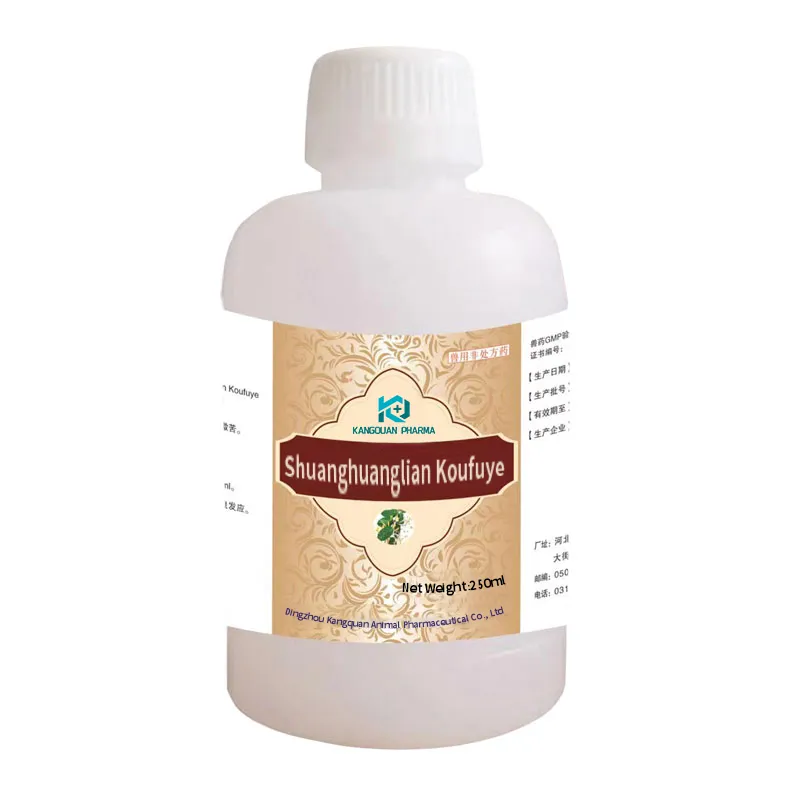- Afrikaans
- Albanian
- Amharic
- Arabic
- Armenian
- Azerbaijani
- Basque
- Belarusian
- Bengali
- Bosnian
- Bulgarian
- Catalan
- Cebuano
- Corsican
- Croatian
- Czech
- Danish
- Dutch
- English
- Esperanto
- Estonian
- Finnish
- French
- Frisian
- Galician
- Georgian
- German
- Greek
- Gujarati
- Haitian Creole
- hausa
- hawaiian
- Hebrew
- Hindi
- Miao
- Hungarian
- Icelandic
- igbo
- Indonesian
- irish
- Italian
- Japanese
- Javanese
- Kannada
- kazakh
- Khmer
- Rwandese
- Korean
- Kurdish
- Kyrgyz
- Lao
- Latin
- Latvian
- Lithuanian
- Luxembourgish
- Macedonian
- Malgashi
- Malay
- Malayalam
- Maltese
- Maori
- Marathi
- Mongolian
- Myanmar
- Nepali
- Norwegian
- Norwegian
- Occitan
- Pashto
- Persian
- Polish
- Portuguese
- Punjabi
- Romanian
- Russian
- Samoan
- Scottish Gaelic
- Serbian
- Sesotho
- Shona
- Sindhi
- Sinhala
- Slovak
- Slovenian
- Somali
- Spanish
- Sundanese
- Swahili
- Swedish
- Tagalog
- Tajik
- Tamil
- Tatar
- Telugu
- Thai
- Turkish
- Turkmen
- Ukrainian
- Urdu
- Uighur
- Uzbek
- Vietnamese
- Welsh
- Bantu
- Yiddish
- Yoruba
- Zulu
Nov . 21, 2024 09:58 Back to list
erythromycin thiocyanate soluble powder
Erythromycin Thiocyanate Soluble Powder An Overview
Erythromycin is a macrolide antibiotic derived from the bacterium Saccharopolyspora erythraea, which is known for its efficacy against various bacterial infections. One of the formulations of erythromycin is erythromycin thiocyanate soluble powder, a compound that enhances the bioavailability of the drug when administered. This article explores the properties, clinical applications, benefits, and considerations for erythromycin thiocyanate soluble powder.
Chemical Properties
Erythromycin thiocyanate is a salt form of erythromycin, facilitating improved solubility in aqueous solutions. This property is particularly significant for patients who may have difficulty swallowing traditional pill forms. The thiocyanate group enhances the stability and absorption of erythromycin in the digestive system. It is crucial for medical practitioners to understand these properties, as they play a vital role in achieving effective therapeutic concentrations of the drug.
Mechanism of Action
As a macrolide antibiotic, erythromycin exerts its antibacterial action by inhibiting bacterial protein synthesis. It achieves this by binding to the 50S ribosomal subunit of susceptible bacteria, thereby obstructing the translocation of peptides during translation. This mechanism eventually leads to the suppression of bacterial growth and reproduction. Erythromycin is effective against a variety of Gram-positive bacteria and some Gram-negative organisms, making it a versatile choice in antimicrobial therapy.
Clinical Applications
Erythromycin thiocyanate soluble powder is used in numerous clinical scenarios. Its primary applications include the treatment of respiratory tract infections, skin infections, and sexually transmitted diseases. It is frequently prescribed for conditions such as pneumonia, bronchitis, acne, and syphilis, among others. Additionally, it is an alternative for patients allergic to penicillin, allowing healthcare providers to effectively manage infections without compromising patient safety.
In veterinary medicine, erythromycin thiocyanate is also utilized to treat infections in livestock and pets, showcasing its broad spectrum of applicability
. This versatility underscores the importance of erythromycin in both human and veterinary healthcare.erythromycin thiocyanate soluble powder

Benefits of Erythromycin Thiocyanate Soluble Powder
One of the notable benefits of erythromycin thiocyanate soluble powder is its enhanced solubility, which translates to better absorption rates in the body. This characteristic can lead to improved clinical outcomes, especially in difficult-to-treat infections where achieving high drug concentrations is critical. The powder form allows for easier administration, especially in geriatric and pediatric populations, where liquid formulations are often more acceptable and easier to consume.
Furthermore, the localized action in some forms, such as topical applications, has been beneficial in treating skin infections without the systemic side effects commonly associated with oral antibiotics. This reduction in systemic exposure is particularly advantageous in managing antibiotic resistance and minimizing adverse reactions.
Considerations and Side Effects
While erythromycin thiocyanate is generally well-tolerated, like all medications, it is not without potential side effects. Gastrointestinal disturbances, including nausea, vomiting, and diarrhea, are common side effects experienced by patients. Additionally, patients may experience allergic reactions, which necessitates careful screening prior to administration.
Erythromycin has been known to interact with various other medications, particularly those metabolized by the liver. This interaction could lead to altered effects of either erythromycin or the concomitant medication. Therefore, it is crucial for healthcare providers to conduct thorough medication reviews and monitor patients closely during therapy.
Conclusion
Erythromycin thiocyanate soluble powder remains a valuable tool in the antibiotic arsenal, offering significant benefits in treating a range of bacterial infections. Its enhanced solubility and diverse clinical applications make it a preferred choice for many practitioners. However, careful consideration of its side effects and potential drug interactions is essential to ensure optimal patient outcomes. As the medical field continues to evolve, erythromycin thiocyanate soluble powder will likely continue to play a crucial role in both human and veterinary medicine, adapting to meet the challenges of bacterial resistance and the need for effective treatment options.
-
Guide to Oxytetracycline Injection
NewsMar.27,2025
-
Guide to Colistin Sulphate
NewsMar.27,2025
-
Gentamicin Sulfate: Uses, Price, And Key Information
NewsMar.27,2025
-
Enrofloxacin Injection: Uses, Price, And Supplier Information
NewsMar.27,2025
-
Dexamethasone Sodium Phosphate Injection: Uses, Price, And Key Information
NewsMar.27,2025
-
Albendazole Tablet: Uses, Dosage, Cost, And Key Information
NewsMar.27,2025













